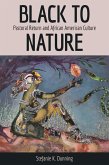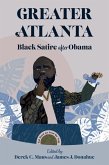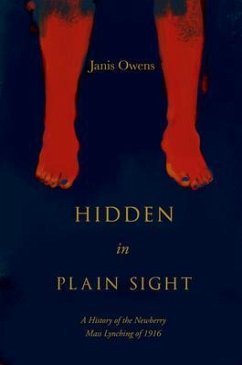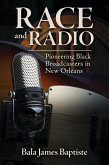Living with Lynching: African American Lynching Plays, Performance, and Citizenship, 1890-1930 demonstrates that popular lynching plays were mechanisms through which African American communities survived actual and photographic mob violence. Often available in periodicals, lynching plays were read aloud or acted out by black church members, schoolchildren, and families. Koritha Mitchell shows that these community performances and readings presented victims as honorable heads of households being torn from model domestic units by white violence, counter to the dominant discourses that depicted lynching victims as isolated brutes. _x000B__x000B_Examining lynching plays as archival texts that embody broad networks of sociocultural exchange in the lives of black Americans, Mitchell finds that audiences were rehearsing and improvising new ways of enduring in the face of widespread racial terrorism. Images of the black soldier, lawyer, mother, and wife helped readers assure each other that they were upstanding individuals who deserved the right to participate in national culture and politics. These powerful community coping efforts helped African Americans band together and withstand the nation's rejection of them as viable citizens.
Dieser Download kann aus rechtlichen Gründen nur mit Rechnungsadresse in A, D ausgeliefert werden.









